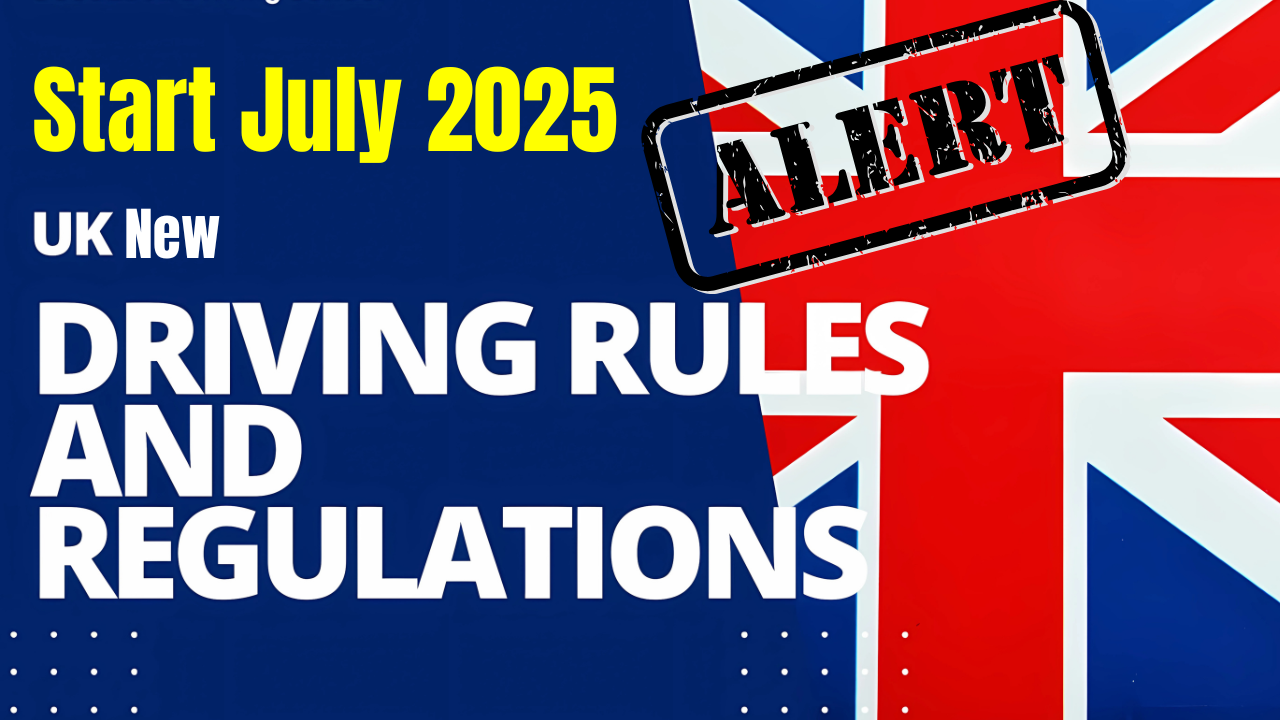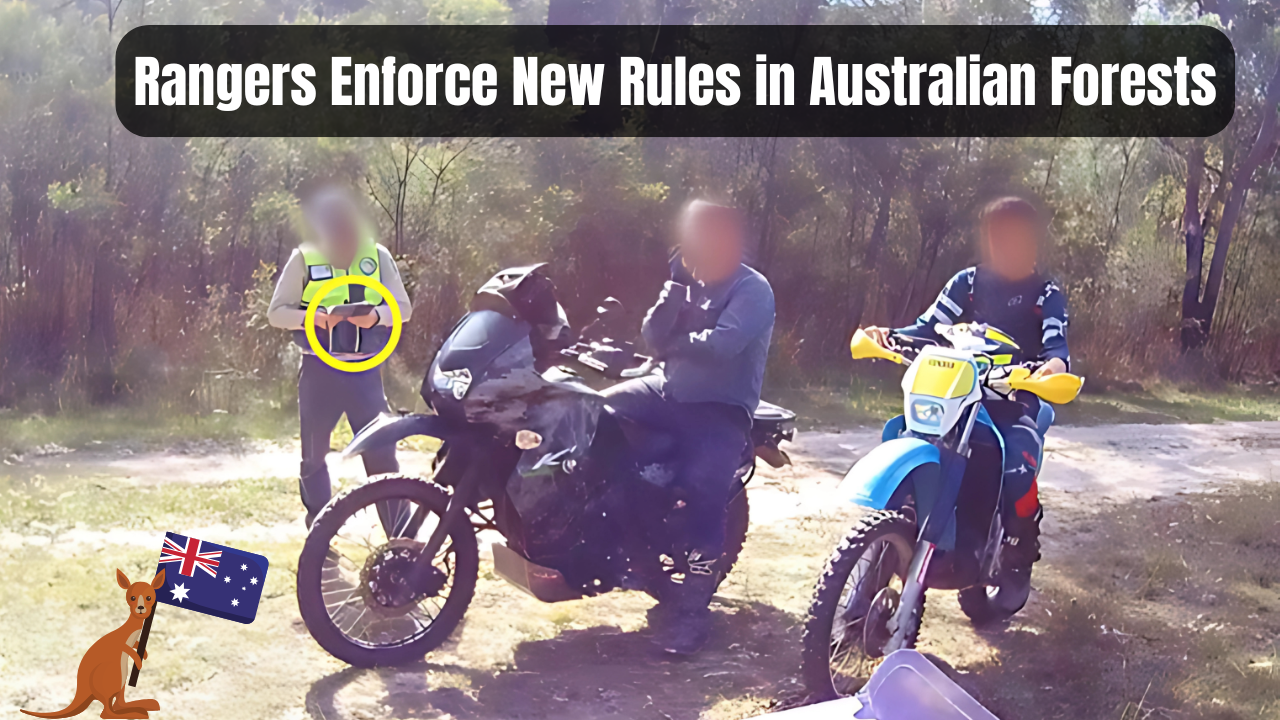UK motorists face significant changes to driving laws in 2025, especially concerning electric vehicles (EVs), road tax, and city driving. This guide covers all the key updates, who they impact, and what you need to know to stay compliant.
Major Driving Law Updates in 2025
Electric Vehicles and Road Tax
From 1 April 2025, electric vehicles (EVs) will no longer be exempt from Vehicle Excise Duty (VED), commonly known as road tax. This marks a major shift in government policy, as EVs previously enjoyed tax-free status to encourage adoption.
-
New EVs registered from 1 April 2025: £10 first-year rate, then £195 annually (standard rate).
-
EVs registered between 1 April 2017 and 31 March 2025: £195 per year (standard rate).
-
EVs registered between 1 March 2001 and 31 March 2017: £20 per year.
-
Expensive Car Supplement: EVs with a list price over £40,000 will now be subject to the Expensive Car Supplement, currently £410–£425 per year for the first five years.
Petrol and diesel cars emitting over 76g/km of CO2 will pay double the first-year road tax from April 2025. Highly polluting vehicles (over 255g/km) will see their annual tax rise from £2,745 to £5,390.
Zero Emission Vehicle Mandate
From 1 January 2025, car manufacturers must ensure that at least 22% of new car sales and 10% of new van sales are fully electric. This mandate aims to accelerate the transition to greener roads and lower emissions.
London Congestion Charge and Cleaner Vehicle Discount
From 25 December 2025, all vehicles—including electric and hydrogen-powered ones—will have to pay the £15 London Congestion Charge. The cleaner vehicle discount, which previously exempted EVs, is being scrapped.
Other Key Changes
-
Hybrid Car Tax Discount Scrapped: The £10 road tax discount for hybrid cars is being removed. Hybrids will now pay the standard rate of £195 (if registered after 1 April 2017) or based on emissions (if registered before 1 April 2017).
-
Fuel Duty Freeze: The temporary 5p-per-litre fuel duty discount remains in place throughout 20256.
-
Company Car Tax: The Benefit-in-Kind (BiK) rate for electric company cars will rise from 2% to 3% in April 2025.
-
Vehicle Risk Ratings: Car insurance groups are being replaced by vehicle risk ratings, which assess five key factors for insurance purposes.
-
Fuel Finder Scheme: By the end of 2025, all UK petrol stations must share real-time fuel prices, helping drivers find the cheapest fuel.
Driving Test and Professional Licensing Updates
-
Reduced Driving Test Waiting Times: The DVSA has implemented a seven-point plan to cut waiting times, which had stretched to six months in some areas
-
Driver CPC Flexibility: Professional drivers whose Driver Certificate of Professional Competence (CPC) has expired now have four options to requalify, not just 35 hours of training.
How These Changes Affect You
If you own or are considering buying an electric vehicle, these changes mean higher running costs. You will need to factor in road tax and, if your car costs over £40,000, the Expensive Car Supplement. The end of the London Congestion Charge exemption is another cost to consider for city drivers.
Petrol and diesel car owners: Expect higher taxes if your vehicle emits more than 76g/km of CO2. Highly polluting vehicles face especially steep increases.
Drivers in London: All vehicles, including EVs, will pay the Congestion Charge from Christmas Day 2025.
Frequently Asked Questions (FAQs)
1. When do electric vehicles start paying road tax?
From 1 April 2025, all electric vehicles must pay Vehicle Excise Duty (road tax).
2. Will electric cars still be exempt from the London Congestion Charge?
No. From 25 December 2025, all vehicles—including electric and hydrogen-powered ones—must pay the £15 London Congestion Charge.
3. How much is the Expensive Car Supplement for EVs?
For EVs with a list price over £40,000, the Expensive Car Supplement is currently £410–£425 per year for the first five years.

